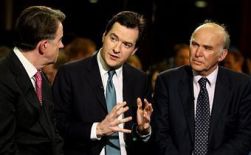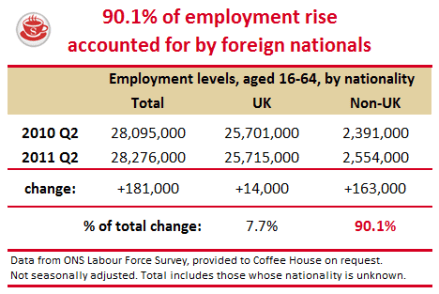Cameron: I’m a common sense Conservative
David Cameron weathered an awkward interview on the Today programme earlier this morning, in which the Strategic Defence Review was savaged and the recent riots were compared to the Bullingdon Club, of which Cameron was once a member. He stood by the defence review, with reference to the successful British contribution to the Libyan intervention, and he blithely ignored the Bullingdon Club question. He reiterated his belief that parts of society have undergone ‘a slow motion moral collapse’. His gruff tone might have surprised some listeners. The interviewer, Evan Davis, offered Cameron the chance to retreat from the firm, almost draconian line he took at the height of the riots. But Cameron refused, comfortable to risk appearing ‘morally





















